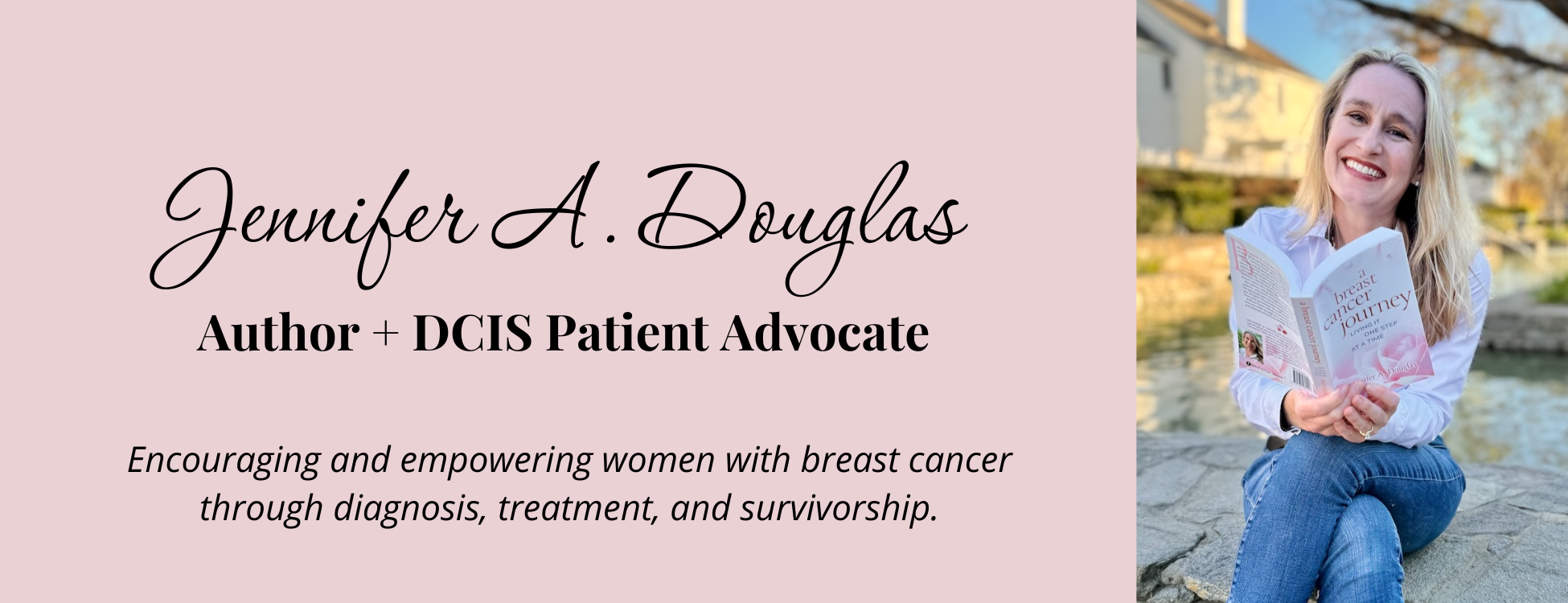
3 Keys for Dealing with Strong Emotions
Strong Emotions can come on quickly and can knock us off balance. Today I want to share with you 3 keys to dealing with strong emotions that I have been using to walk through this challenging time.
Important: I am not a mental health provider. If you are really struggling right now, please get professional help. These ideas are not meant to be a substitute for professional therapy.
I wrote about some enemies to our emotional stamina in a previous post, which can help you be aware of some of the things that can lead to our emotional outbursts. Today I will share with you some keys to help you deal with those strong emotions when they come up in your life.
What a Year!
Between my breast cancer diagnosis last fall, to the pandemic this year, I have had my share of strong emotions to cope with. I don’t think I have ever lived through such a tumultuous and emotional year.
As I felt the emotions sweep over me in waves throughout my cancer diagnosis and treatment, I began to cultivate some tools which helped me face the emotions, and then move beyond them. I became aware of the unique signs my body would give me during a period of strong emotions, and I worked to develop techniques that would help me face the difficult feelings.
How are you doing? How are you handling the changes we are experiencing in this pandemic world? As we face a new school year with the kids beginning at home, how are you coping with the challenges?
If I could take you out for a cup of coffee to listen to you, I would. Sometimes all we need is someone to listen to us as we pour out our hearts. Maybe we need to have a good cry.
I can’t think of anyone who is excited about the way 2020 is going. Except for maybe our pets, who get to have us home all the time!
Back to you. How are your emotions doing? When the day gets rough, how do you cope?
I’d like to share with you 3 keys to dealing with strong emotions. I hope that you can look to these as you are experiencing waves of anger and uncertainty.
3 Keys for Dealing with Strong Emotions
1. Aware
The first key is awareness of our emotions. It can be easy to put on a happy face for work, or for the public, and get used to stuffing our feelings down. We can easily take a smiling selfie of ourselves, when we would rather be hiding away and crying.
It takes real effort to open up your awareness to your emotions. We need to get beyond the “How should I be feeling?”or “How should I be reacting?”
I had some interesting moments of emotional awareness during my cancer diagnosis and treatment. Sometimes, a loved one would say something, and all of the sudden, I would feel this rage coming up inside of me. It was completely unexpected. My body would become tense, I would almost freeze inside, and then, if I wasn’t careful, I would lash out at that person.
It was completely irrational, and I knew it. But I was unaware of the warning signs of anger, so I ignored them.
My cancer diagnosis meant that my kids couldn’t do some activities they wanted. It meant we couldn’t take the vacations we wanted. It meant that I couldn’t even cook dinner.
I had some strong emotions during cancer treatment. Anger, fear, and frustration would crop up. I would be anxious. I hated seeing my family wrestle with my mortality.
At the beginning, I was shocked at the depth of these emotions. They would fly out of me, seemingly without warning. But, as I walked through treatment, and had enough of my own outbursts, I began to become aware of my triggers.
I began to notice when a conversation veered towards an emotional hot spot. I remember one conversation with my mom when I just felt the emotions coming to the surface. I felt the beginnings of the surge, and I had just enough presence of mind to be able to gracefully get off the phone.
Being aware of the physical feedback my body was giving me helped me stave off an emotional outburst I might have regretted.
Are you aware of the unique signals that your body or mind will give you before you become really emotional? Can you begin to take note of those? Then, as you increase your awareness, you can move on to the next key to emotional resilience.
2. Away
The next key to dealing with strong emotions is to step away before the ocean of emotions hits you.
After you become aware of the emotions, I want you to try to physically step away from the situation. If you are discussing things with your spouse, and you find yourself getting irrational, and you can’t remain calm, then please step away.
There have been times in my life when the emotions become so overwhelming that I will say hurtful things to the ones I love. I lose control of my words, and the emotions and the ugliness take over. It is not pretty, and it doesn’t reflect who I want to be.
I have learned that if I step away from a challenging marital or parenting situation and allow myself to calm down, then I can reengage on the issue a little later with a calmer demeanor.
When you step away, I want you to focus on getting centered again. I will pray for peace and calm when I’m getting worked up and angry. I bring to mind the reality that God knows the path even though I don’t. Many times I will work on bringing my focus in on the breath. I will do a “Breathe” session on my watch and focus on the calm motion of breathing to try to settle my raging emotions.
You can try going on a walk outside. Perhaps you can play some peaceful music. Think about bringing some calming scriptures to mind. The goal here is to use the time away to help you move to the next phase of strong emotions.
What if you can’t step away?
There may be times when it isn’t possible to physically step away. I remember getting very panicky in the middle of my first radiation session. I was alone, in the tube, and I had nowhere to go. I was about to have a full blown anxiety attack, yet I couldn’t move.
To manage the physical symptoms of my emotions, I ended up focusing on breathing. I took some deep breaths. Then I prayed. I was alone in the tube, but I’m never really alone. God was there in the tube with me, so I asked for help.
Perhaps you have a meditation practice that you use to maintain your emotional center. Can you use any of those skills in that situation? Maybe you can’t retreat to a full meditation with your eyes closed, but perhaps you can focus on targeted relaxation of each of your muscle groups. Do a head to toe body scan and try to see what is tense and what is relaxed. Then deliberately try to relax the parts of you that are tense.
You can do this body scan even in the midst of a challenging dialogue.
Just take a moment to pause.
Then, it is time to adjust.
3. Adjust
Once we have become aware of our emotions and stepped away from the situation, now it is time to adjust our expectations to better deal with things.
It is really hard to be out of control. In fact, this year has been a master class in our lack of control. We have all had things canceled, postponed, or messed up due to Covid 19. There are trips we may never get to take, experiences our children may never get to have, and hardships which cause us to question our beliefs.
So, how do we deal with this? How do we adjust our expectations so that we can better manage our emotions?
I think a large component of adjusting comes with recognizing what is within our sphere of control and what isn’t. We cannot control what gets canceled, but we can try to look to what we still can do. We may not be able to help our child be less upset, but we can get our own emotions in check so that we can better help him manage the situation.
Sometimes we need to adjust our attitude about our situation. Perhaps that loved one who is suggesting something to you is just trying to help. Our reaction may not be in line with the spirit of the request.
Take the time to step away from the situation and adjust your thoughts about it. Replay the situation and see if you can see it without feeling the spike of emotions.
Once you are comfortable with your new viewpoint on the situation, then you can go back and close the loop with the person you had the conflict with, if that is appropriate. You can call that loved one back and explain why you needed to step away for a few moments.
We all have strong emotions come up and smack us in the face. They can be overwhelming and surprising. I hope that you can learn how to be aware, step away, then adjust, so that you can better handle the challenges life throws at you.
Jennifer Douglas
Jennifer Douglas is an author, patient advocate, and DCIS breast cancer survivor. After navigating her own breast cancer journey in 2019, she began writing and encouraging others who were newly diagnosed. Her resources include her book, "A Breast Cancer Journey: Living It One Step at a Time," and her online support course, "Encourage: Breast Cancer and Beyond." Jennifer also actively supports patients through her online presence and direct involvement in communities and support groups, offering guidance and encouragement every step of the way.


You May Also Like

Recognizing Anxiety and Returning to Calm
April 2, 2021
AppleWatch and Breast Cancer- How I Used my AppleWatch to Monitor my Recovery
January 8, 2021

4 Comments
Rebekah
What do you mean when you say “close the loop with the person you had the conflict with”?
Jennifer Douglas
Good question! I mean go back to the person you were having the disagreement with and try to resolve the issue.
Karen Douglas
Great perspective! I loved these wise and encouraging techniques. Thank you!
Jennifer Douglas
Thank you so much! I’m glad that you liked them! 🙂